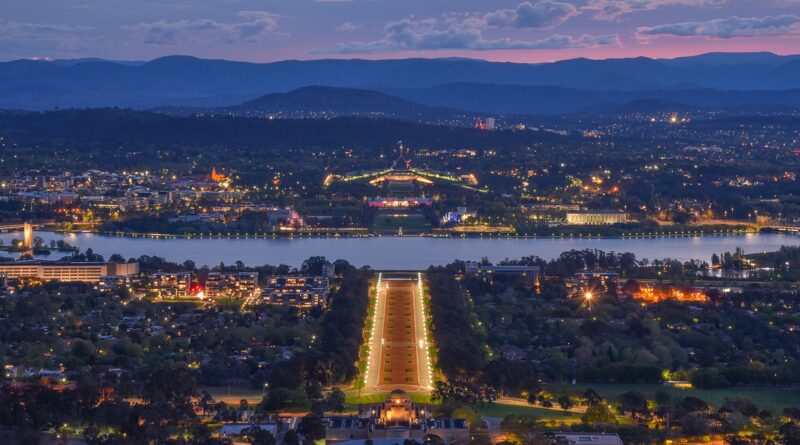View from The Hill: The interest rate rise is a political wild card
The Reserve Bank, as expected, has thrown its wild card into the election campaign, but neither government nor opposition can be sure which side will be more damaged, or advantaged, by it.
Tuesday’s interest rate rise had been anticipated, was inevitable, and is the result substantially (though not entirely) of external forces. As to its timing: given the recent big inflation spike, the bank could not credibly have held off for another month.
Governor Philip Lowe made it clear the (independent) bank did not take into account any political considerations, in what is the first rise during a campaign since 2007, the election John Howard lost. “The election has no influence at all on today’s decision,” Lowe said.
But the decision feeds into this volatile battle, so will have political fallout. It will affect voters’ mood and anxieties. They may attribute blame.
It was obvious the extraordinarily low interest rates from the height of the pandemic could not and would not last. But many people (and, earlier, the Reserve Bank itself) had not expected rates to start to move up again as soon as this.
Indeed, at one stage the bank said it did not anticipate an increase before 2024. Not only was it wrong in that judgement, but some critics are now saying it should have acted earlier than now to raise rates.
The bank is starting on a road to “normalise” rates. The trouble is that the totally abnormal levels necessary in the COVID economy have become “normal” in the minds of many people, some of whom used them to bid up home prices in the expectation they would be able to afford the payments.
The rise of 25 basis points, taking the cash rate to 0.35%, was larger than the economic experts had been forecasting. But it is not just this one rise that will have an impact on voters’ calculations. Lowe made it plain more will follow, indicating the official rate will probably reach 2.5% at some unspecified time.
Some people are well placed at the moment to deal with this increase, having fixed rate mortgages and money put away. But others are not.
And, crucially, the rise comes on top of living costs going up on many other fronts. This will make it difficult for many people to cope. Some, even if not over-stretched immediately, will be anxious about how they will be placed in the future, such as when the fixed rate on their mortgage ends.
Politically, there will be cross currents.
The Essential poll, released on Tuesday, showed cost of living at the top of issues important to people “when it comes to voting at this year’s federal election”: 47% said it was “very important”, and 32% said was “important”.
Significantly, when people were asked which party they trusted more to manage various issues, on cost of living 40% said Labor, 30% said the Coalition, and 30% saw no difference.
That result is bad for the government. It suggests while polls usually give the Coalition the edge on economic management, when the economy issue gets down to the nitty gritty of household budgets, the government’s advantage may evaporate.
Morrison is also hoist on his own petard. On Monday, asked whether a rate rise would hurt the Coalition, the PM said, “It’s not about what it means for politics. I mean, sometimes you guys always think, see things, through a totally political lens.”
But of course Morrison mostly puts a political frame around economic data, extracting as much credit as possible when it’s good. So it would not be surprising if he cops a political backlash for something basically out of his control.
Morrison argued on Tuesday the government had provided a “shield” for Australians in the budget against cost of living pressures, just as it had provided them with an economic “shield” during the pandemic. (The government on Tuesday quickly announced that if re-elected it would freeze for two years the “deeming” rate used to determine the income earned by pensioners and beneficiaries from financial assets “to ensure payments are not reduced as earnings increase from deposit accounts held by social security recipients”. The PM described this as another “shield”.)
But Morrison’s basic pitch is that the rate rise reinforces the case for this not being a time for voters to risk switching to an alternative without an economic plan and an opposition leader who couldn’t remember some basic statistics.
The government will ramp up its “don’t risk it” warning even further in coming days. Negative messages are powerful in elections. But whether Morrison, himself viewed so negatively by voters, can drive this one home is another matter.
![]()
Michelle Grattan ne travaille pas, ne conseille pas, ne possède pas de parts, ne reçoit pas de fonds d'une organisation qui pourrait tirer profit de cet article, et n'a déclaré aucune autre affiliation que son organisme de recherche.

